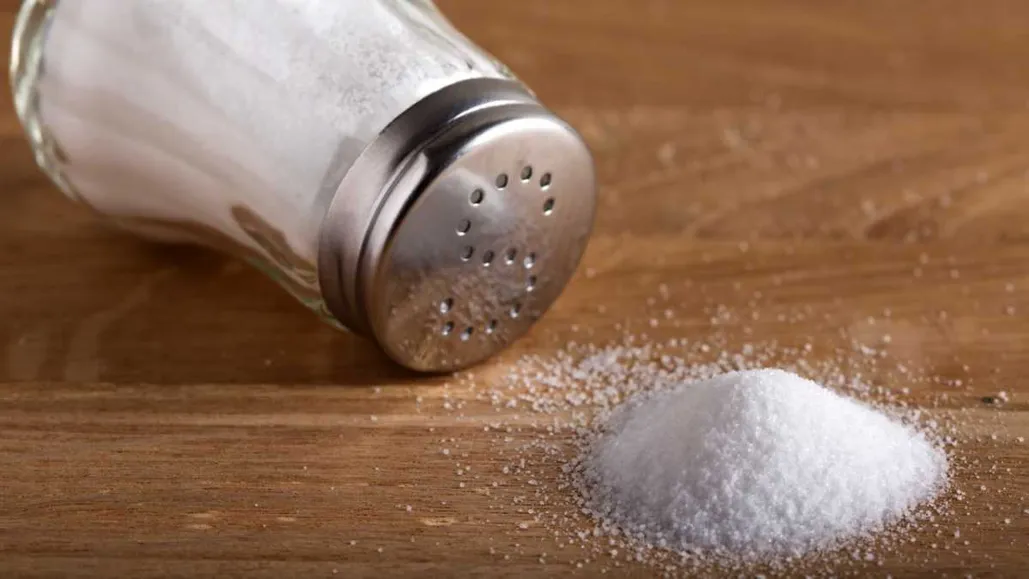Salt is important for our bodies. It helps balance fluids, supports muscle function, and aids in nerve communication. However, having too little salt in the body can cause problems like weakness, headaches, and confusion. To avoid low salt levels, here are some simple tips:
1. Eat a Balanced Diet
Make sure to include foods that contain enough salt. Some natural sources of salt are eggs, meat, fish, and vegetables. If you eat a variety of foods, your body will get the salt it needs.
2. Stay Hydrated, but Not Too Much
Drinking water is important, but drinking too much without replacing salts can lower your salt levels. Try drinking sports drinks if you exercise a lot, as they help replace lost salt.
3. Avoid Very Low-Salt Diets
Some people choose diets with very little salt, but this can be dangerous. It’s important to eat the right amount of salt every day. The World Health Organization suggests about 5 grams (or one teaspoon) of salt daily.
4. Check for Health Issues
Certain conditions, like kidney problems or hormone imbalances, can cause low salt levels. If you feel tired or dizzy often, it’s good to see a doctor. They can check if your salt levels are healthy.
5. Use Salt in Cooking
Adding a little salt when cooking can help keep your levels normal. Avoid using too much, but a small amount can make a big difference in staying healthy.
By these tips, you can help keep your salt levels balanced and avoid problems related to low salt. Always talk to a healthcare provider if you are unsure about your salt intake.














Post Comment